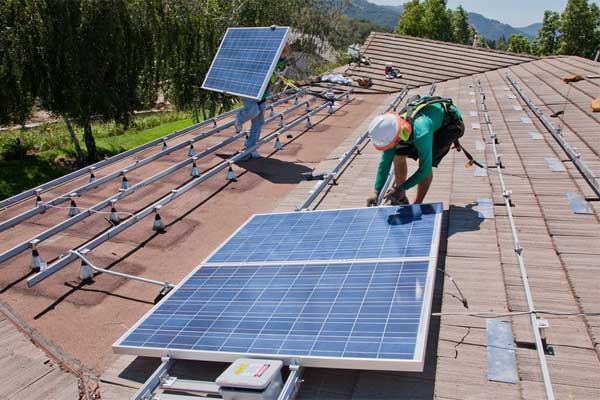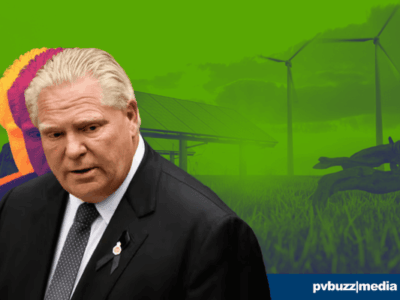California has the largest solar market in the U.S. and solar supplies nearly 19 percent of the state’s electricity today.
While solar must play a bigger role if the state is to reach its very ambitious climate and energy goals, natural disasters, and additional taxes have hampered solar’s strong and continued growth in the state.
Thousands of homes in California have been damaged or destroyed in recent years because of wildfires and some cities or counties have taxed utility services, such as solar electricity, as one potential source of local revenues.
To help with this, Governor Gavin Newsom signed two new bills into law. One extends protections for rooftop solar from utility taxes and another that exempts wildfire victims from solar rules.
The Governor signed Assembly Bill No. 1208 (AB 1208) which extends a prohibition on cities and counties taxing the energy generated by rooftop solar panels for use by homeowners and businesses.
“Reducing costs, eliminating red tape, and encouraging consumers to go solar are all critical components of meeting California’s ambitious clean energy goals,” said Bernadette Del Chiaro, Executive Director of the California Solar & Storage Association, sponsor of AB 1208.
Since 2013, the energy generated by rooftop solar panels has been explicitly exempt from what is called the “Utility Users Tax” or “UUT.” That pre-existing exemption was set to expire December 31, 2019.
AB 1208 extends it for another 7 years.
Since solar will be required on all new constructions in California, Governor Newsom also signed Assembly Bill No. 178 (AB 178), a law that temporarily exempts some homeowners if they are rebuilding in an area where the governor has declared a state of emergency.
The exemption will end in 2023.
“Many of our communities in California that have been devastated by catastrophic wildfires and floods, particularly the people of Paradise, are desperate to get their lives back on track and to rebuild their homes,” Newsom said in a signing statement. “AB 178 should hasten that effort.”
At a time when the state has set ambitious clean energy goals, these new bills ensure that local governments do not create counter-productive disincentives to homeowners and businesses considering investments in clean energy.
AB 1208 faced little controversy since it was introduced in May. It passed both the State Assembly and Senate with unanimous support.
AB 178 was opposed by some Democrats in the state Senate, who felt it was too broad and would undermine the state’s efforts to reduce its dependence on fossil fuels.














Comments